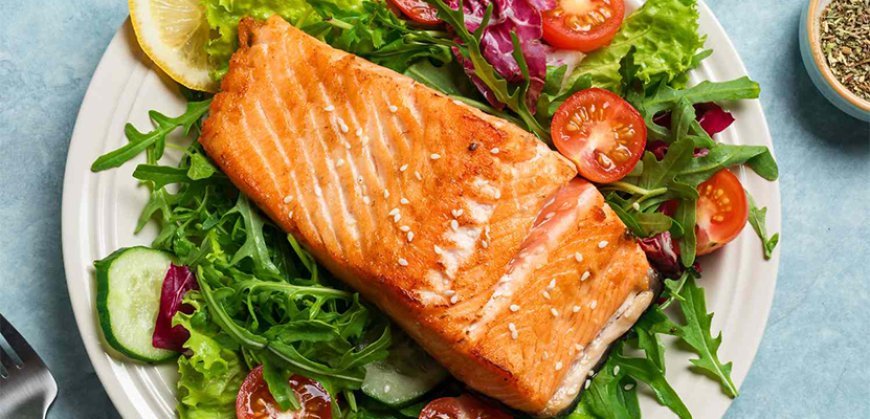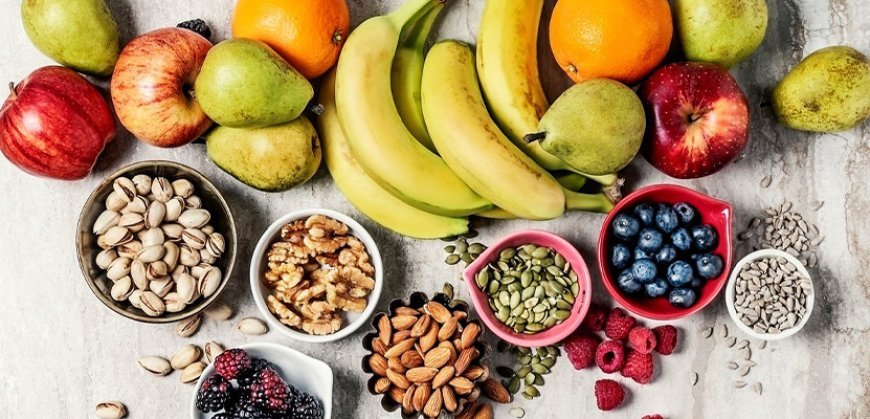Best Times to Eat Breakfast, Lunch & Dinner for Health
What if the secret to better energy, sleep, and focus isn't what you eat but when you eat? Master your meal timing and feel the shift.

Most people eat by habit, not rhythm. A coffee here, a rushed lunch there, dinner whenever it fits. But here’s the truth: your body runs on time. Every organ, from your gut to your liver, works better when meals follow a pattern.
Let’s get into the structure that works. No fluff. Just real, sustainable habits.
Best Time to Eat Breakfast for Energy and Focus
The first few hours after waking up set the tone for the entire day. Your blood sugar is low. Your system is ready for fuel. But not just anything; it needs something steady.
- Eat within 90 minutes of waking.
- Protein first. Aim for 20 to 30 grams. Eggs, lentils, yogurt or tofu all work. The goal is stable energy without the slump.
Real Cost of Missing Breakfast
Think skipping breakfast is smart? It’s not. Your hormones go off track, cravings shoot up, and your metabolism takes a hit. That’s the real cost.
Best Time to Eat Lunch for Energy and Balance

This is when your metabolism is strongest. Insulin sensitivity peaks. Your digestive system is in top gear. That’s why lunch should be the largest meal of the day, not dinner.
- Aim for 12 to 2 PM.
- Balance matters: lean protein, complex carbs, healthy fats. Grilled chicken with quinoa and veggies. Dal, brown rice, and a salad. Real food, not a rushed sandwich at your desk.
This isn’t just about feeling full. It’s about using energy when your body can actually use it, not store it.
Best Time to Eat Dinner for Better Sleep and Digestion
Dinner is where most people go wrong. Eating late, eating heavy, then heading to bed is a recipe for poor sleep and poor digestion.
- Keep dinner light and early.
- Best window is 6 to 7 PM.
- Think soups, sautéed veggies, grilled paneer or fish, and small portions of grains if needed.
And most importantly, finish eating at least three hours before sleep. Your body should be resting, not working overtime to digest food.
Best Snack Combos for Lasting Energy
Snacking isn’t bad. Mindless snacking is. The key is intentional timing and smart combos: protein plus fiber or healthy fat.

Good ideas:
- A banana with almond butter
- Roasted chana
- Boiled eggs and fruit
- Handful of seeds or trail mix
Eat every 3 to 4 hours, especially if you're active or prone to energy dips.
Simple Meal Timing Plan for the Day
|
Time |
What to Eat |
Why It Matters |
||||
|
8:00 AM |
Protein-packed Breakfast |
Kicks off metabolism, balances hormones |
||||
|
11:00 AM |
|
Smooth energy flow before main meal |
||||
|
|
Aligns with peak metabolic performance |
||||
|
4:00 PM |
Small snack |
Prevents evening over-eating |
||||
|
6:30 PM |
Light dinner |
Supports digestion, sleep, and recovery |
Benefits Of Following Proper Meal Timing
- Better energy without the crash
- Fewer cravings at night
- Deeper, uninterrupted sleep
- Steadier weight management
- Sharper focus through the day
Conclusion
What you eat matters. But when you eat rewires your system. From energy levels to emotional balance, your internal clock listens to your plate. Reset it wisely.
The change isn’t hard. It just takes consistency. And it’s worth every bit.
FAQs
What is the best time to eat breakfast?
The ideal time is within 90 minutes of waking up, typically between 7:00 AM and 9:00 AM. A protein-rich breakfast helps kickstart metabolism and stabilizes blood sugar levels.
Should lunch be the biggest meal of the day?
Yes. Your metabolism and insulin sensitivity are at their peak around 12:00 PM to 2:00 PM, making this the best window for your largest and most balanced meal.
When should I eat dinner?
Dinner should be light and early, ideally between 6:00 PM and 7:00 PM. Always aim to finish dinner at least 3 hours before bedtime to support digestion and sleep.
How often should I eat throughout the day?
Eating every 3 to 4 hours is generally ideal. This includes three main meals and one or two healthy snacks, depending on your energy needs and activity level.
Why is meal timing important for weight management?
Eating in sync with your body’s natural rhythm improves metabolism, reduces fat storage, and helps control cravings, especially late-night snacking.

 Admin
Admin